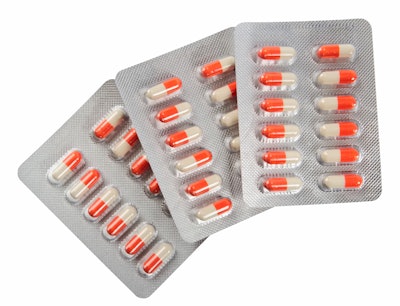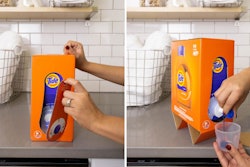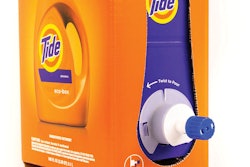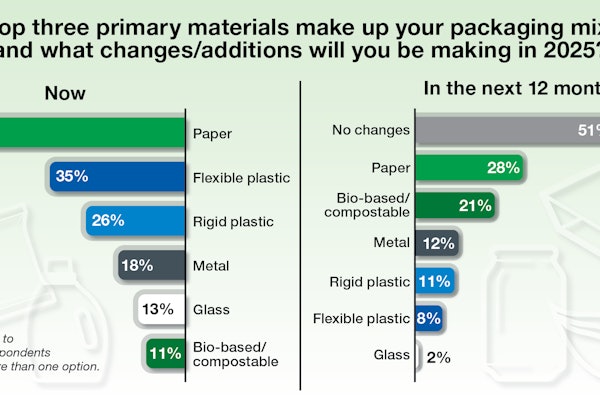According to the 2019 PMMI Business Intelligence White Paper “Senior-Friendly Healthcare Packaging,” as many as 19 million Americans purchase medication outside of the secure supply chain, mostly from the approximately 50,000 global online pharmacies. And a comprehensive study of 11,700 online pharmacies accessible to U.S. customers found that 95% failed to fully comply with laws and industry standards to protect patients.
“With the onset of e-commerce our business has been affected with falsified and unethical drugs being sold on the internet,” said one director of packaging at a generic drug manufacturer.
Many producers and distributors are actively seeking to gain greater visibility over their supply chain operations in order to deter counterfeiting, and all companies interviewed for the white paper that are required to implement serialization are doing so, along with a combination of microtext, barcodes, QR codes, hidden images, covert labeling, or Bluetooth technologies.
The same technology and sensors used to monitor variables such as environmental state, factory seal integrity, and dosage compliance tracking can be simultaneously utilized by producers and distributors to trace products from production to delivery. RFID and NFC enabled packaging can monitor this movement in real time, allowing for quick alerts should a shipment be diverted or tampered with. In this way manufacturers, distributors, and even minor supply chain partners can be assured that they are dealing in authentic products that can be readily verified.
Such product verification and tracking capabilities will also aid manufacturers in achieving the aggressive serialization and aggregation goals set out by the DSCSA (Drug Supply Chain Security Act). With serialization deadlines either fast approaching or already passed depending on a company’s role in the supply chain, the need for accurate product tracking is greater than ever. All manufacturers must achieve full unit level traceability, including aggregation, by 2030.
These technological solutions that provide track and trace capabilities to manufacturers, distributors, and other players in the healthcare supply chain, can also keep the customer more informed about the integrity of their products. Specific solutions such as proprietary molecule signatures imbedded in the package, or unique print variations on labels imperceptible to the human eye that can be used as a packaging fingerprint, can extend integrity tracking to customers. By utilizing a smart device, customers can access these features and verify for themselves that their product is authentic, and in a factory-sealed state. Verification could even link to further online information, such as expanded opening or dosage instructions, or videos for visual demonstration. This feature might be especially desirable for the senior population, who are most concerned with the quality of their products and tend to have significantly more brand loyalty than younger consumers.
Download your FREE copy of this 24-page white paper here.
Make plans to visit PACK EXPO East in Philadelphia, March 3-5, to see on-trend healthcare packaging machinery and materials.



























